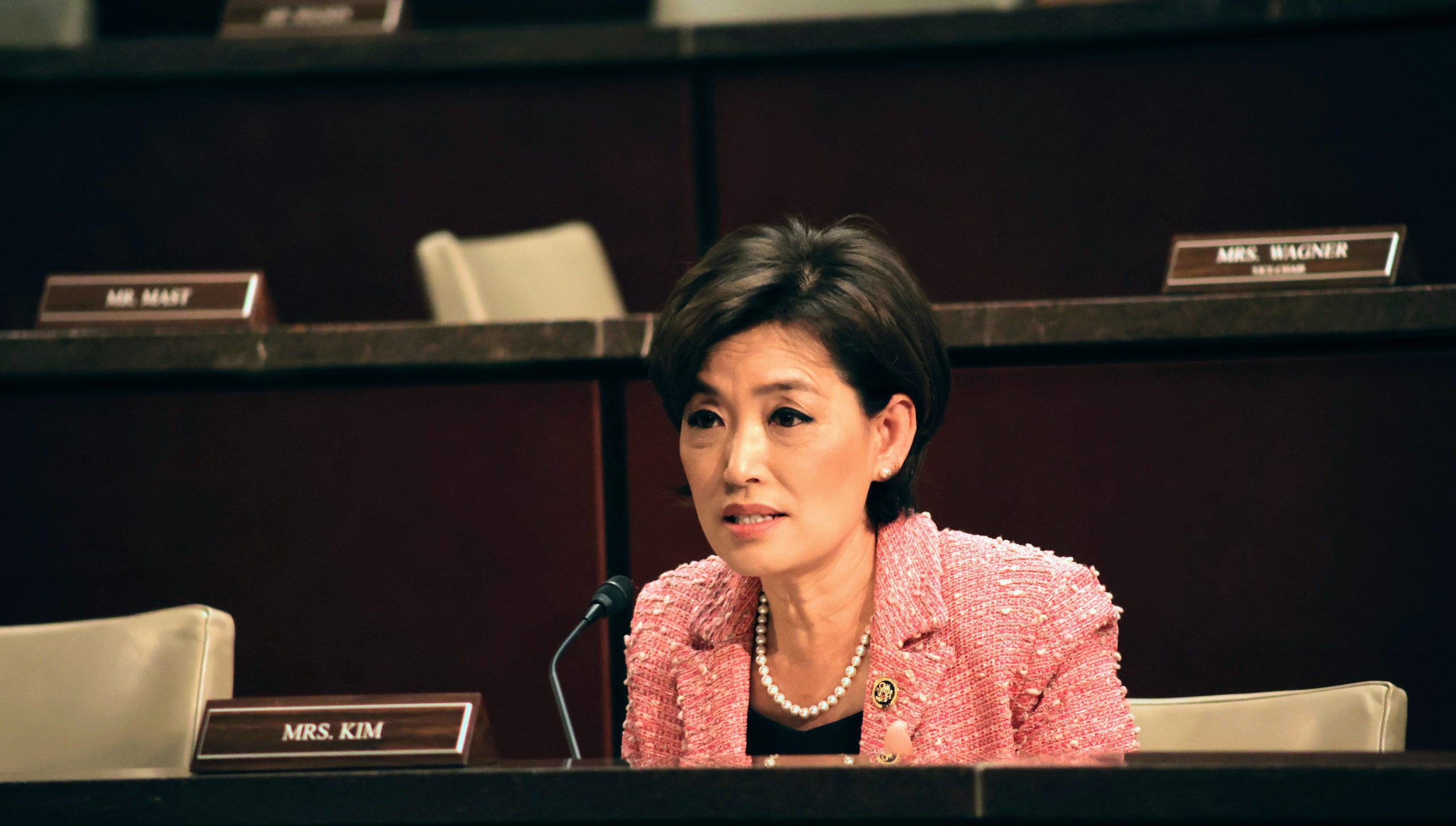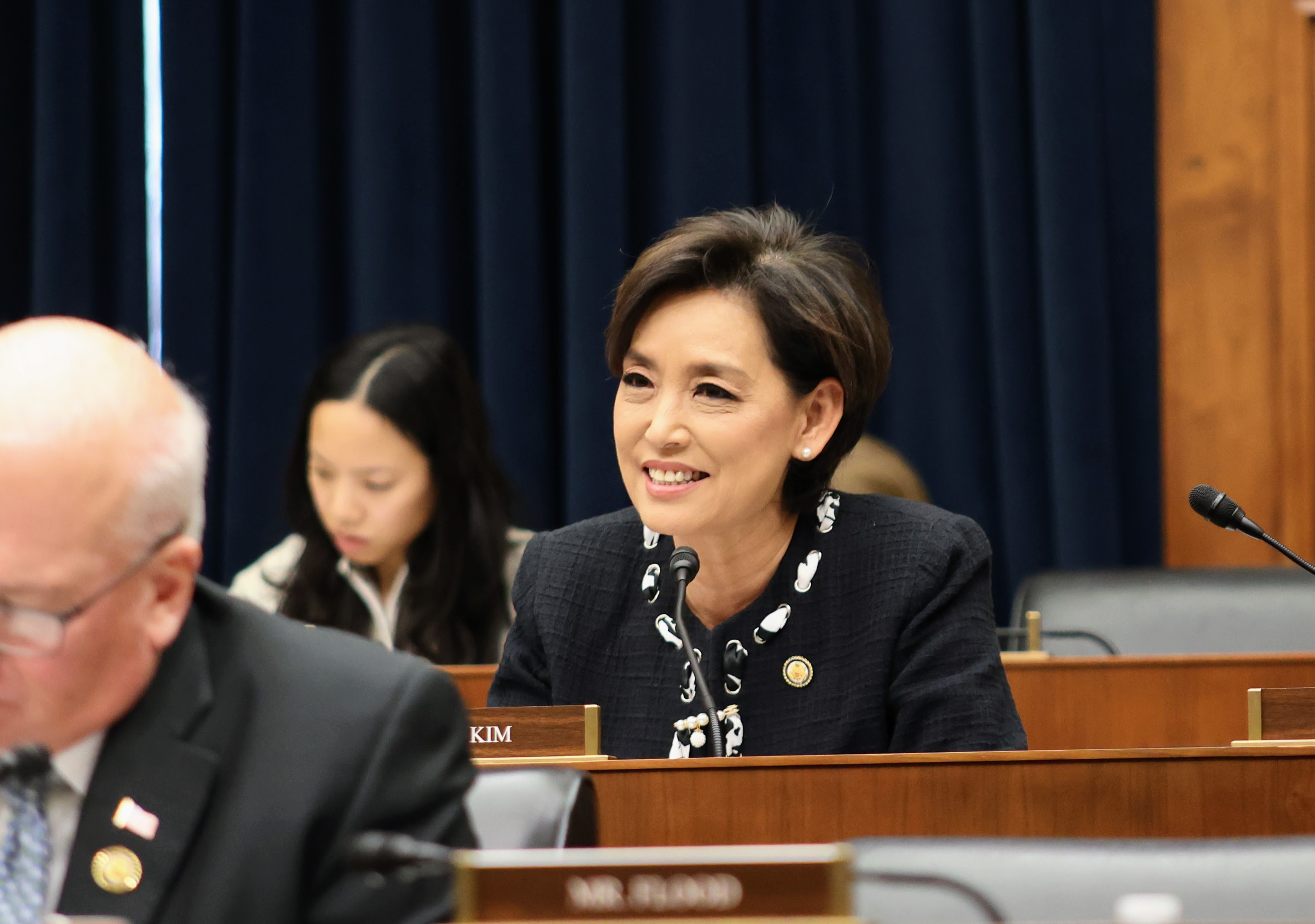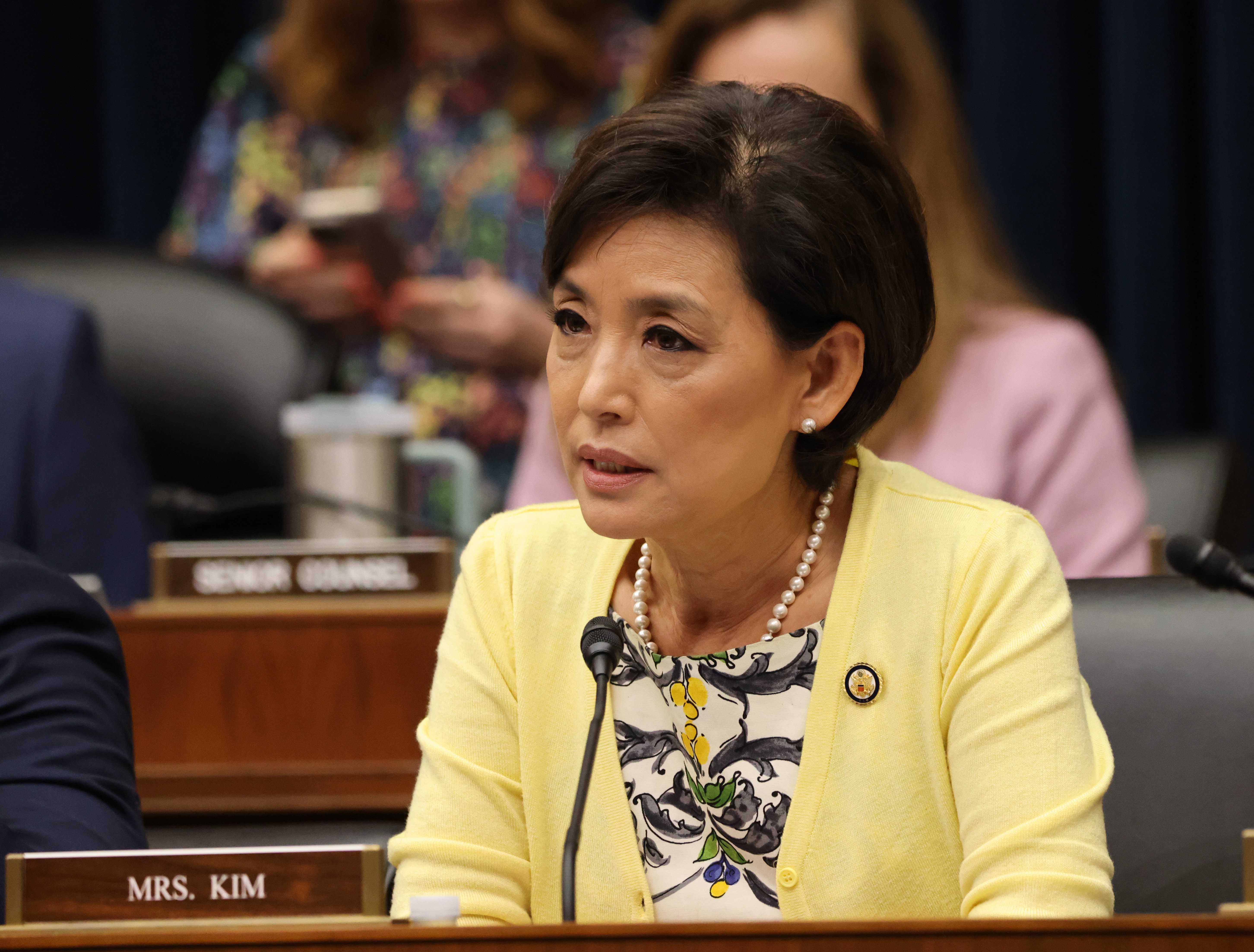Washington, DC – Yesterday, House Indo-Pacific Subcommittee Chairwoman Young Kim (CA-40) pressed Biden administration officials at her subcommittee hearing on why the Department of Commerce removed from its Entity List export controls for Chinese entities that committed human rights violations.
Last year, Chairwoman Kim, House Foreign Affairs Committee Chairman Michael McCaul (TX-10), and House Select Committee on the Chinese Communist Party (CCP) Chairman Mike Gallagher (WI-08) wrote to Secretary of State Antony Blinken and Secretary of Commerce Gina Raimondo expressing concerns following reports that the CCP demanded the U.S. to lift sanctions related to human rights abuses in the Xinjiang Uyghur Autonomous Region in order to reach a deal on countering Beijing’s counternarcotics operation. Chairwoman Kim introduced the Uyghur Policy Act and is a steadfast supporter of global human rights.
Watch the exchange HERE and read the conversation below.
Chairwoman Kim: Last year, the administration decided to remove the Chinese Ministry of Public Security’s Institute of Forensic Science (IFS) from the Commerce Entity list. So, Ms. Kandler, since you were before our Oversight and Accountability Subcommittee and testified recently, can you explain to us why IFS was added to the Entity list to begin with?
Assistant Secretary Kendler: Congresswoman, I appreciate your concern about this entity and its activities in China, its placement on our entity list. I can’t speak specifically to an entity beyond the information that’s in the public record. We have national security concerns and foreign policy concerns associated with the entities on the entity list.
Chairwoman Kim: My understanding it was IFS was added due to their egregious abuse of the Uyghur Muslims through genomics. So Ms. Kendler and Mr. Kang, please chime in. Can you explain to us the interagency process that led to the decision to remove IFS from the entity list?
Assistant Secretary Kendler: Congresswoman, it’s very important to us that the Commerce Department have our regulations require that we have unanimous interagency agreement whenever an entity is removed from the entity list. It’s very important to us that we have the equities of all four departments that participate in the end user review committee that’s Commerce, Defense, Energy and State, and that we consider the equities of all four of those agencies whenever an entity is removed from our list.
Chairwoman Kim: Mr. Kang, do you want to add to that briefly?
Assistant Secretary Kang: Yes. What I could add is that tackling fentanyl, which has been declared a national emergency by the president and it is one of the top new administration priority to get a handle on a problem, a crisis that kills up to more than 100,000 ordinary Americans. And removing IFS allowed us to get better cooperation from China.
Chairwoman Kim: Can we talk about that just a little bit? I want to know exactly when the decision was made to remove IFS. Like, how far in advance was that decided from the time President Biden met with Xi Jinping in San Francisco November of last year? I know there was they had a conversation. They talked about establishing a working group to tackle the fentanyl and all that. But I’m specifically interested in knowing when that decision was made.
Assistant Secretary Kendler: Congresswoman, we at the Commerce Department do run the process for the end user review committee. And I should note that we have around 100 entities on the entity list that are related to human rights abuses in Xinjiang specifically. We also have entities on the entity list that are there for other human rights abuses in China. Specifically as to the timing, that’s something that is in the interagency process. And we we’re I’d be happy to get back to you if within the bounds of our legal authorities of what we can provide.
Chairwoman Kim: I want to emphasize, as you mentioned, the human rights should not be a bargaining chip to secure high level meetings with the CCP. Rather, it should be the priority of meetings with our CCP counterparts.




